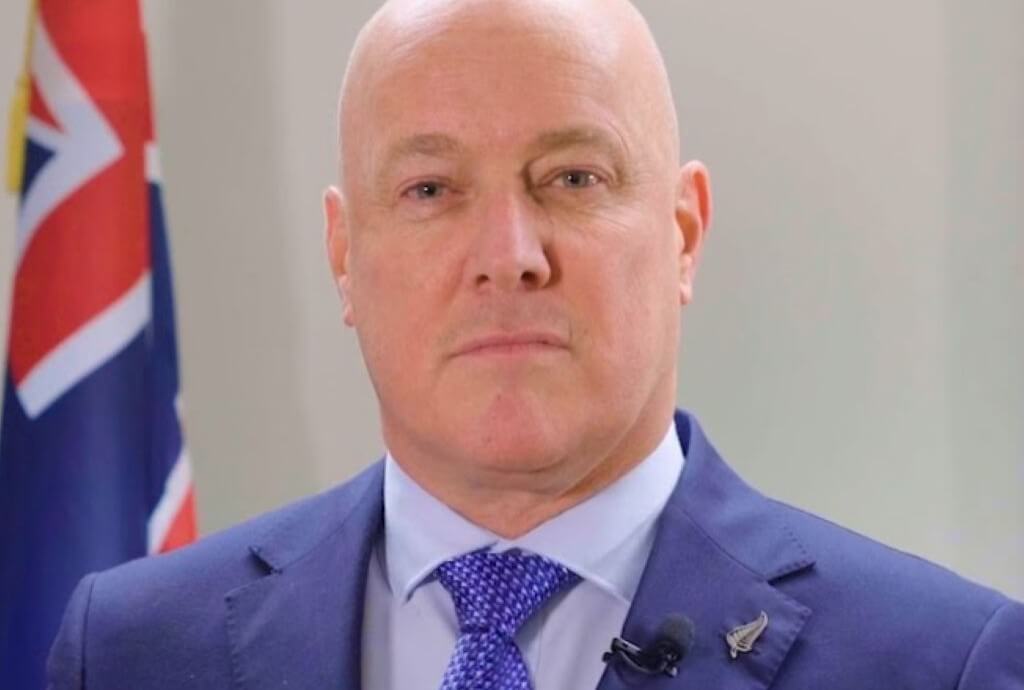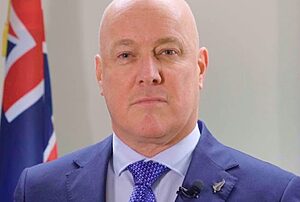Summarised by Centrist
David Seymour has admitted his original plan for a four-year parliamentary term was too complicated, but says any move to longer terms must come with stronger limits on government power.
Seymour’s draft legislation proposed giving governments a four-year term only if they handed control of select committees to the opposition.
That would have meant some governments serving three years, others four, depending on post-election negotiations. The Justice Select Committee rejected that as too confusing and has now recommended putting a simple four-year term to a referendum instead.
Seymour says he supports the simplified approach but insists voters won’t back a four-year term unless Parliament imposes new checks and balances.
New Zealand has no written constitution, upper house, or states to act as a brake on government power. “We just have that one Parliament,” Seymour told RNZ. “New Zealand’s executive is already too powerful.”
University of Otago law professor Andrew Geddis agreed with the committee’s decision, he supports longer terms, but only with stronger institutional restraints. “If those changes aren’t made, the public are going to be asked to give governments a whole extra year with no extra controls – and that could be a hard sell,” he said.
The committee has passed proposals on to the standing orders committee for further review, but no date has yet been set for a referendum.
Image: Donaldytong



















